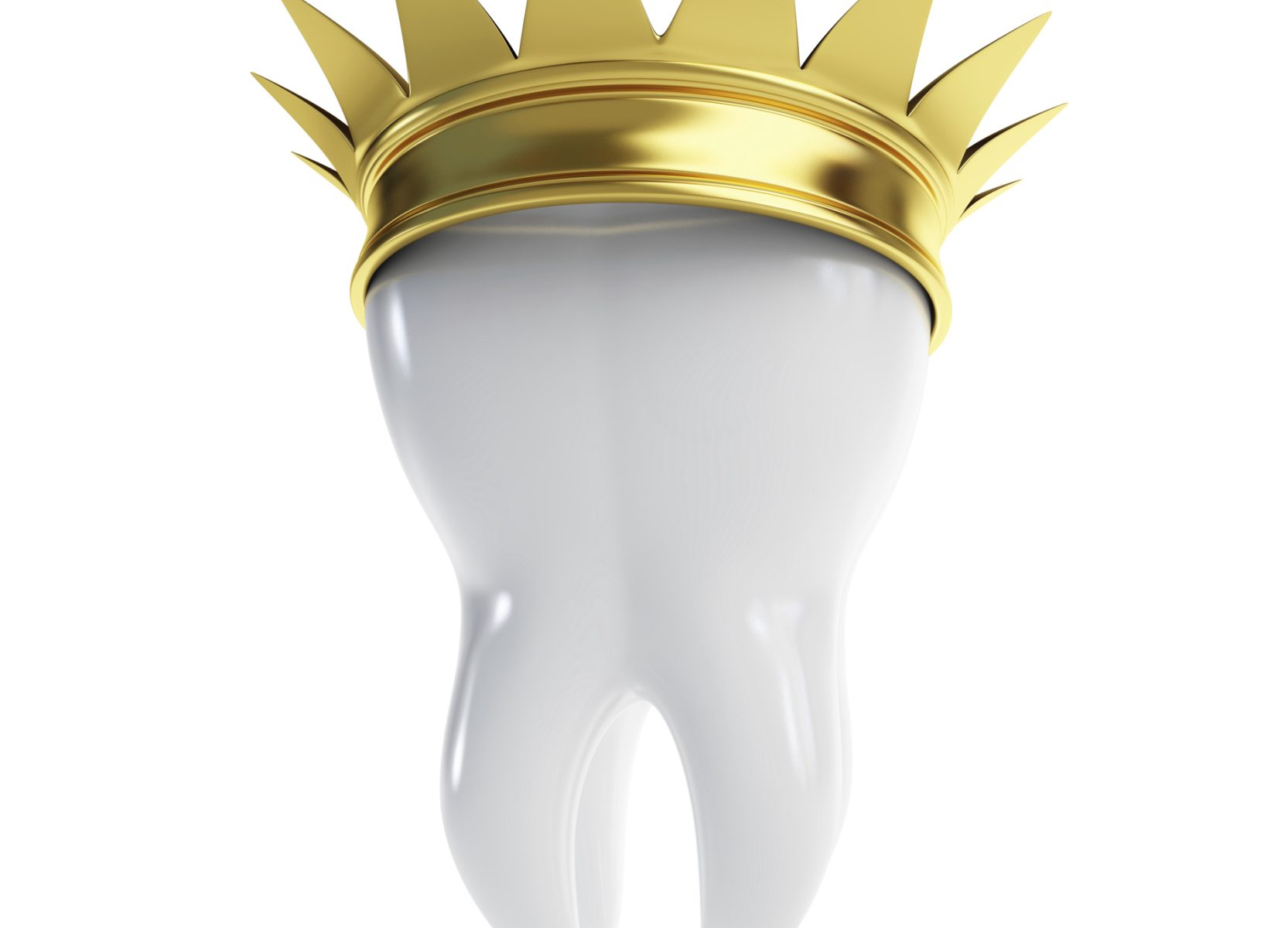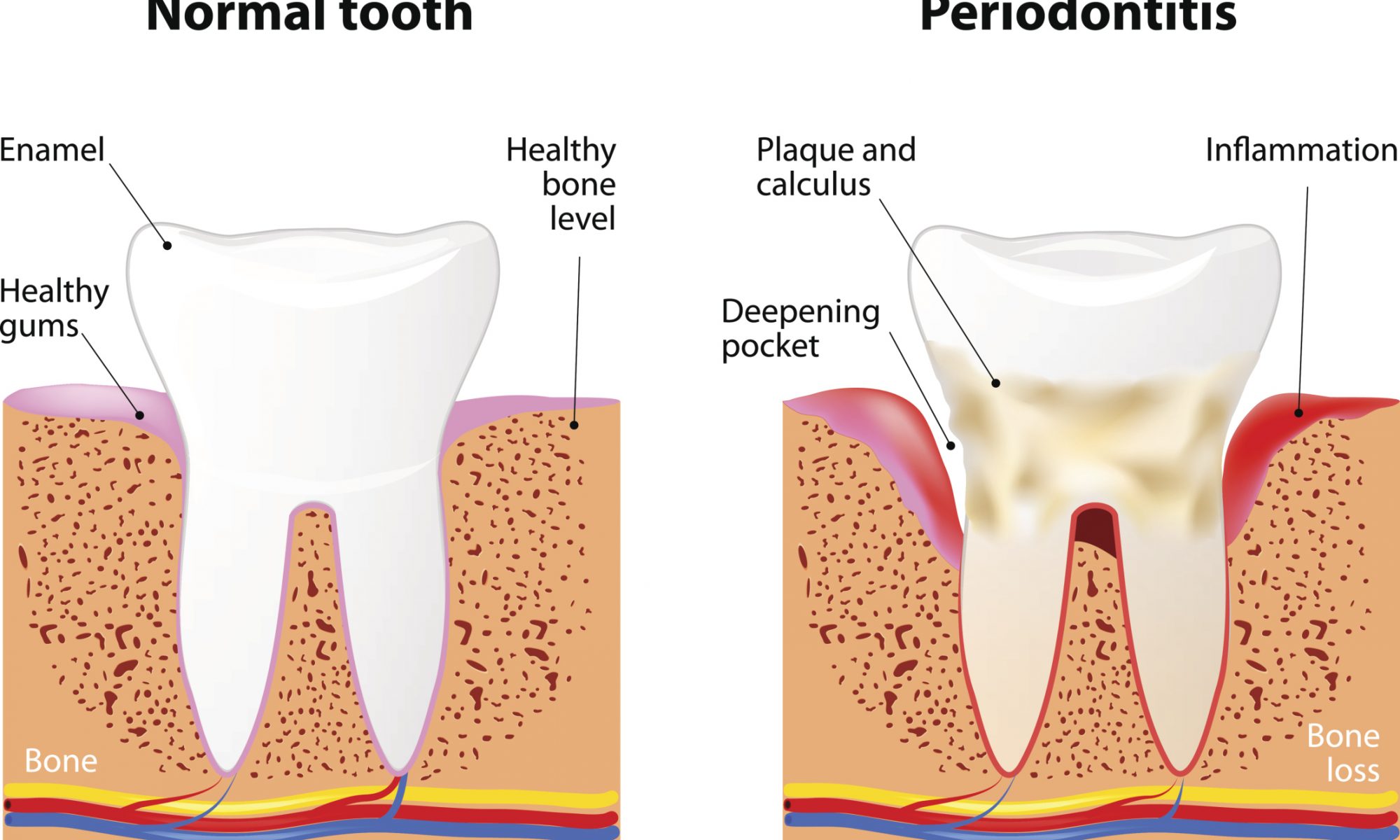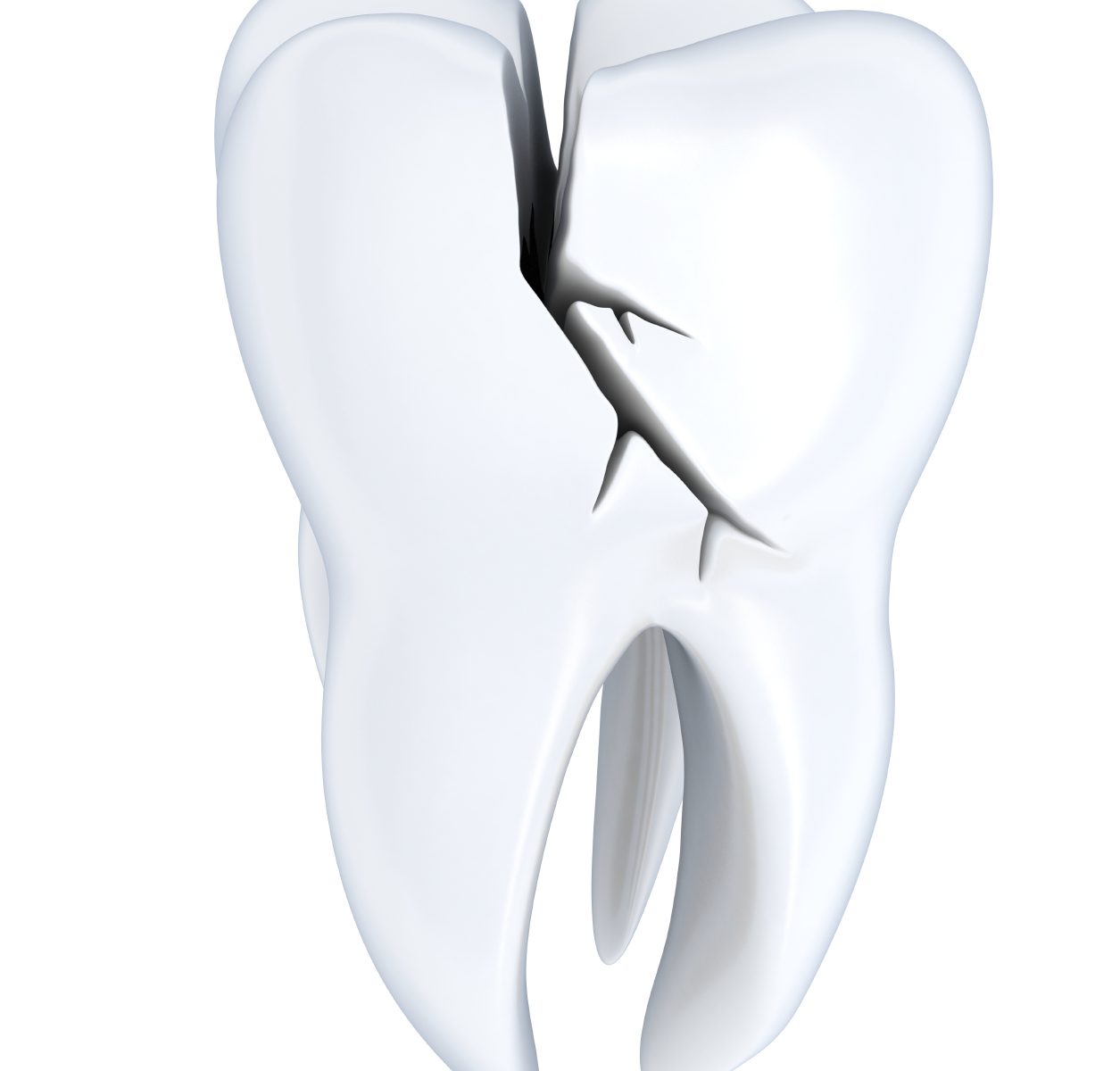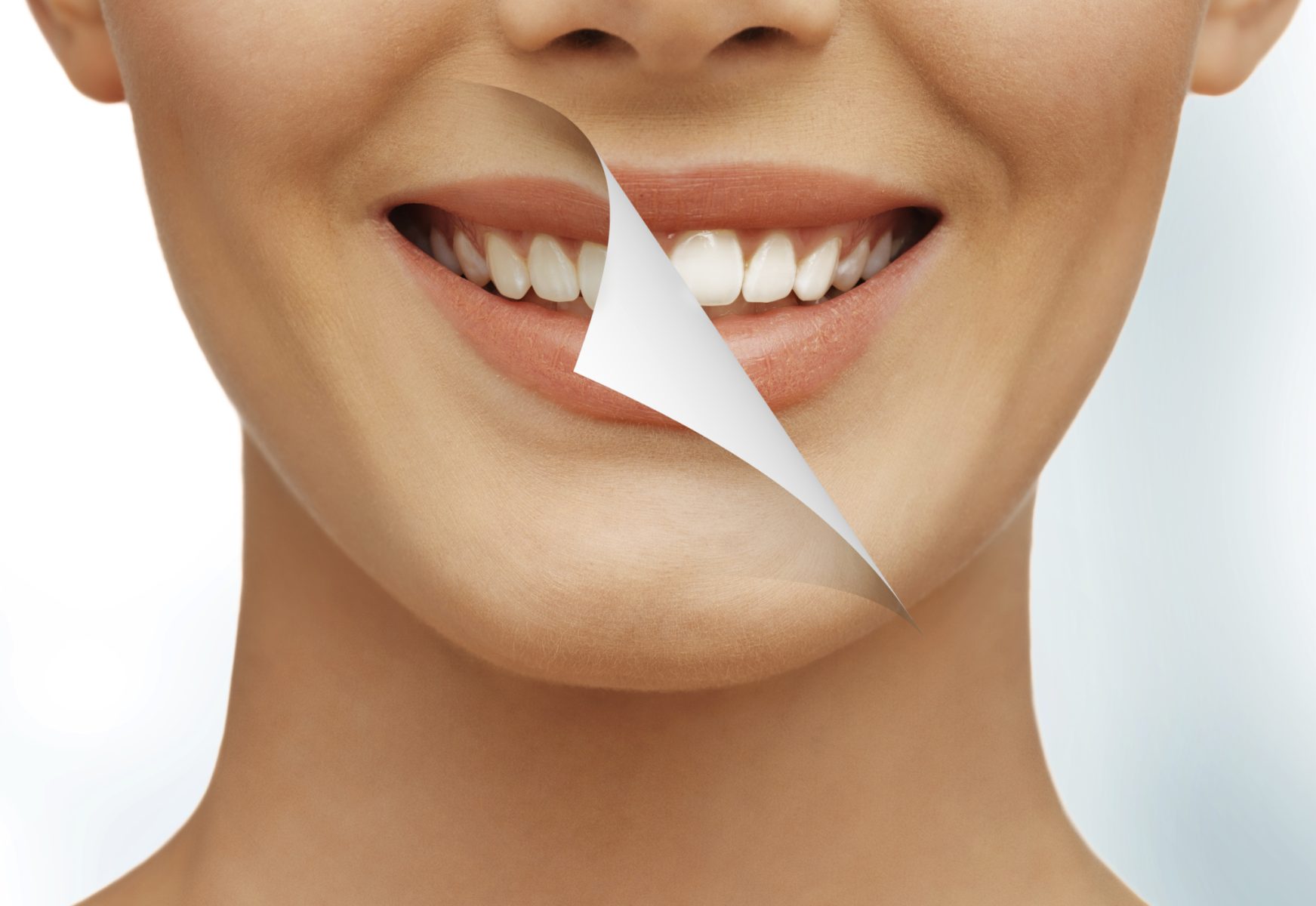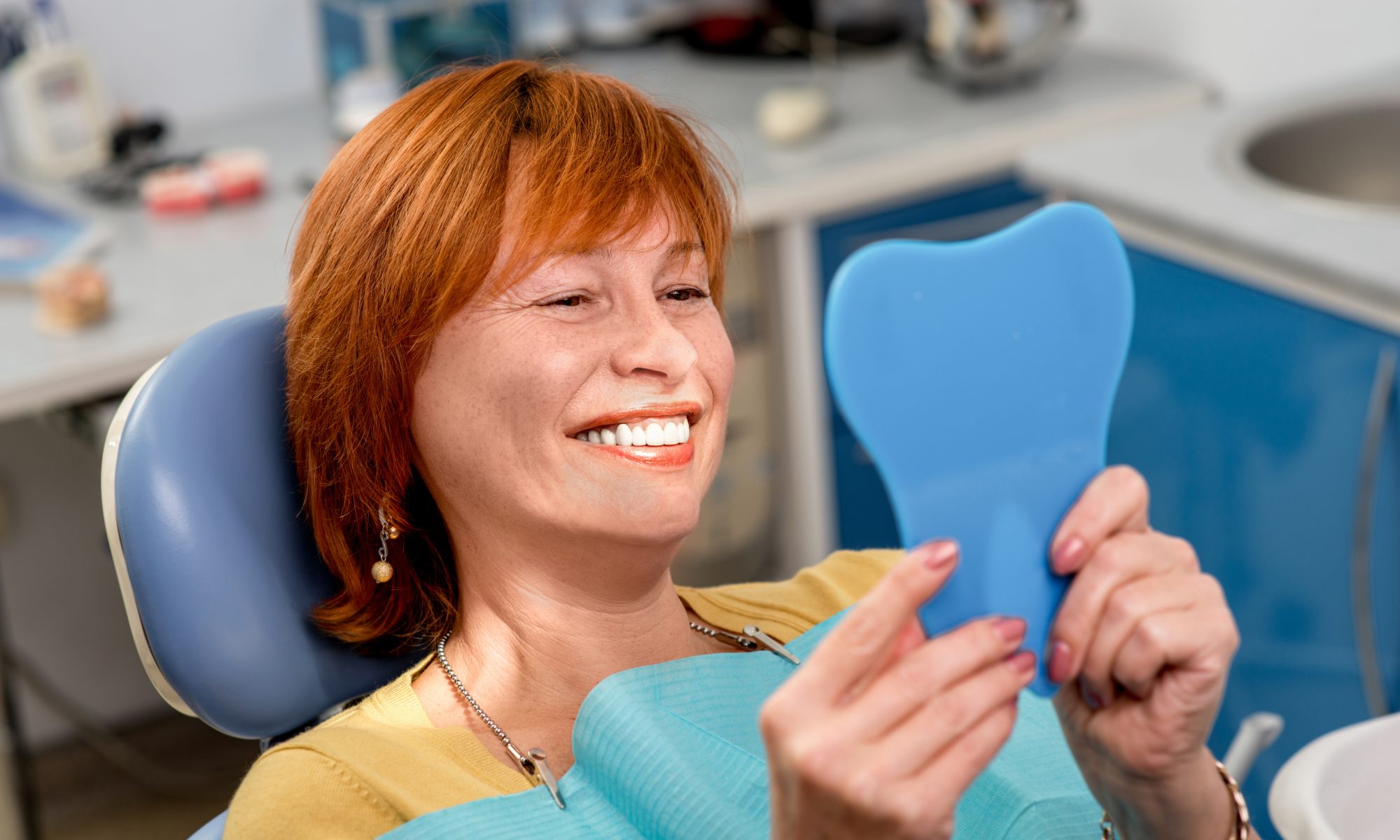Embarking on the journey to become a board-certified dentist is a commendable pursuit that requires dedication, education, and a passion for oral health. This transformative path not only elevates your professional status but also ensures a commitment to the highest standards of patient care. In this blog post, we’ll explore the essential steps and key considerations for those aspiring to achieve board certification in dentistry.
Continue reading “Navigating the Path to Becoming a Board-Certified Dentist | Kenilworth Dentist”Understanding The Causes, and Consequences of Adult Tooth Loss and Replacement Options | Kenilworth Dentist
Adult tooth loss can be a disconcerting and challenging experience, affecting not only oral health but also overall well-being. Whether it’s due to decay, gum disease, injury, or other factors, losing permanent teeth requires careful consideration and proactive steps for maintaining oral function and aesthetics. In this blog post, we’ll explore the causes of adult tooth loss, its consequences, and the various replacement options available.
Everything You Need to Know About Dental Insurance | Kenilworth Dentist
Maintaining optimal oral health is crucial for overall well-being, and dental insurance plays a pivotal role in ensuring access to quality dental care. In this comprehensive guide, we will explore the intricacies of dental insurance, empowering you with knowledge to make informed decisions about your oral health coverage.
Dental insurance is designed to offset the costs of preventive, basic, and major dental care. Unlike general health insurance, dental insurance is often a separate policy, providing coverage for a range of dental services. Most plans cover routine check-ups, cleanings, and X-rays, while more comprehensive policies may include restorative procedures like fillings, root canals, and even orthodontic treatments.
Continue reading “Everything You Need to Know About Dental Insurance | Kenilworth Dentist”The Tell-Tale Signs of an Oral Infection | Kenilworth Dentist
Our oral health is a crucial aspect of our overall well-being, and paying attention to the signs of potential issues is essential. One common concern that often goes unnoticed is oral infection. In this blog post, we will explore the various signs that may indicate the presence of an oral infection and why it’s vital to address these issues promptly.
Continue reading “The Tell-Tale Signs of an Oral Infection | Kenilworth Dentist”The Different Ways a Tooth May Crack | Kenilworth Dentist
A smile is often considered one of the most powerful expressions, but what happens when that smile is marred by the unexpected – a cracked tooth? The human dentition, while resilient, is not impervious to damage. In this article, we delve into the various factors that contribute to the cracking of teeth, shedding light on the silent culprit behind this common dental concern.
Continue reading “The Different Ways a Tooth May Crack | Kenilworth Dentist”What Tooth Discoloration Says About Your Oral Health | Kenilworth Dentist
Maintaining proper oral health is not only crucial for a bright smile but also for overall well-being. One often overlooked indicator of improper oral health care is tooth discoloration. Discoloration can manifest in various ways, ranging from yellowing to brown spots, and can be a warning sign of underlying issues that demand attention.
Continue reading “What Tooth Discoloration Says About Your Oral Health | Kenilworth Dentist”Gum Restoration Surgery: The Pinhole Technique | Kenilworth Dentist
Gum recession is a common dental issue that can lead to sensitivity, aesthetic concerns, and even tooth loss if left untreated. Traditional gum grafting procedures have long been the go-to solution, but advancements in dental techniques have introduced a minimally invasive alternative – Pinhole Gum Restoration Surgery.
Continue reading “Gum Restoration Surgery: The Pinhole Technique | Kenilworth Dentist”Understanding Dental Anxiety & How To Overcome It | Kenilworth Dentist
Dental anxiety is a common concern that affects individuals of all ages, preventing many from seeking the dental care they need. The fear of dental procedures can lead to postponed appointments, deteriorating oral health, and unnecessary discomfort. In this blog post, we’ll explore the roots of dental anxiety and provide practical tips to help you overcome it, ensuring a positive and stress-free dental experience.
Continue reading “Understanding Dental Anxiety & How To Overcome It | Kenilworth Dentist”A Closer Look At The Anatomy of The Human Mouth | Kenilworth Dentist
The human mouth is a marvel of biological engineering, serving a multitude of essential functions that go far beyond mere communication. This intricate structure plays a vital role in our ability to eat, breathe, and express our emotions. In this blog, we will take a closer look at the anatomy of the human mouth and the various components that make it such a versatile and indispensable part of our bodies.
Continue reading “A Closer Look At The Anatomy of The Human Mouth | Kenilworth Dentist”How IV Sedation Can Help People Through Their Dental Anxiety | Kenilworth Dentist
If you experience a physical reaction to the idea of certain stimuli being triggered by going to the dentist, you may have dental anxiety. Dental anxiety is common among kids and adults alike. When dentists perform restorative procedures, there are typically a variety of sedation options available to the individual. The two main ones are nitrous oxide and intravenous (IV) sedation. The inhalation of nitrous allows a patient to relax, but IV sedation can guide the patient into a deeper relaxation and in some cases, lull them to sleep.
Whether someone has had a bad experience at the dentist or not, IV Sedation can help put you at ease when the need for a dental procedure arises.
The following are the benefits of utilizing IV sedation for sleep dentistry.
- Administration of the drug is provided by a ___ and tailored to the patient’s needs
- The results of IV sedation are reliable and the most effective means of sedation
- If you are particularly sensitive to your gag reflex, IV sedation will relax the reaction, but your dentist may recommend nitrous oxide
- In contrast to general anesthesia, IV sedation is safer and allows you to retain consciousness.
- Due to the amount of control, your practitioner has with the dosage of IV administered, your recovery time is shorter than with oral sedation.
Remaining consistent with your oral health in your daily life, as well as with regular check-ups, are the best way to avoid unfavorable experiences at the dentist. If you do enter into a restorative process, discuss your concerns with your dentist to see if IV sedation may be right for you.
For more information regarding dental exams, contact Drs. Freund and Waterloo today at 847-251-8990 or visit www.villagedentalpc.com.
Drs. Chad Freund and Cathy Waterloo proudly serves Kenilworth and all surrounding areas.

